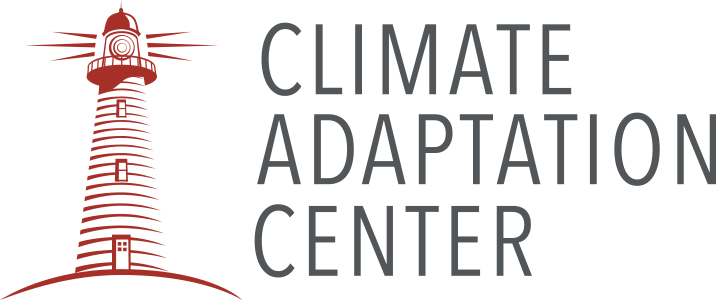At the 5th Annual Florida Climate & Biodiversity Forecast Conference, Dr. Alastair Harborne will take audiences beneath the waves to confront one of the most urgent challenges facing Florida’s Suncoast: the collapse of marine ecosystems under the strain of warming oceans and rising seas. His talk will not only explore the risks, but also showcase the bold science and resilience strategies giving hope to coastal communities.
Florida’s Suncoast is more than beaches and sunshine—it’s a living system. Coral reefs, seagrass meadows, and mangroves form the backbone of local fisheries, protect shorelines from storms, and sustain a thriving tourism economy. But today that heartbeat is faltering. Since 2023, more than 84% of the world’s coral reefs—including Florida’s—have been exposed to heat stress severe enough to cause bleaching, the worst marine heating event on record. For Floridians, that means ecosystems that once felt resilient are now teetering on the edge.
And yet, amid crisis, there are breakthroughs. NOAA and its partners have launched Mission: Iconic Reefs, a multi-year effort to restore seven of the Florida Keys’ most important reef sites, with a goal of boosting coral cover to 25%. It’s one of the most ambitious reef restoration initiatives in the world, and Florida is at the center of it.
In May, The Florida Aquarium delivered more than 1,000 juvenile elkhorn corals to the Keys Marine Laboratory—lab-raised corals descended from parents rescued before recent bleaching events. These “coral babies” are now being distributed to nurseries across the Keys to replenish degraded reefs. At the same time, an unprecedented international collaboration is unfolding: scientists from the University of Miami, The Florida Aquarium, and Honduras’s Tela Marine are crossbreeding elkhorn corals from different regions to create offspring more likely to survive in hotter seas. It’s a first-of-its-kind approach, and a reminder that innovation thrives when institutions work together.
The stakes could not be higher. Coral reefs do more than support marine life—they are economic and cultural anchors for Florida. They generate billions in annual tourism, sustain local fisheries, and provide a natural shield against storm surge. Without them, Florida’s coasts become more vulnerable, its economy less secure, and its identity diminished.
Dr. Harborne’s message is clear: Florida cannot afford to wait. Science, innovation, and community engagement must converge to defend the ecosystems that defend us. His presentation will highlight not only the risks of inaction, but also the extraordinary efforts already underway to safeguard the state’s coastal heritage.
Join us at the 5th Annual Florida Climate & Biodiversity Forecast Conference! Learn how the future of Florida’s coasts is being shaped right now, and be part of the solutions that matter most.
Get your tickets here: https://theclimateadaptationcenter.networkforgood.com/events/85027-5th-annual-florida-climate-forecast-conference-climate-and-biodiversity

